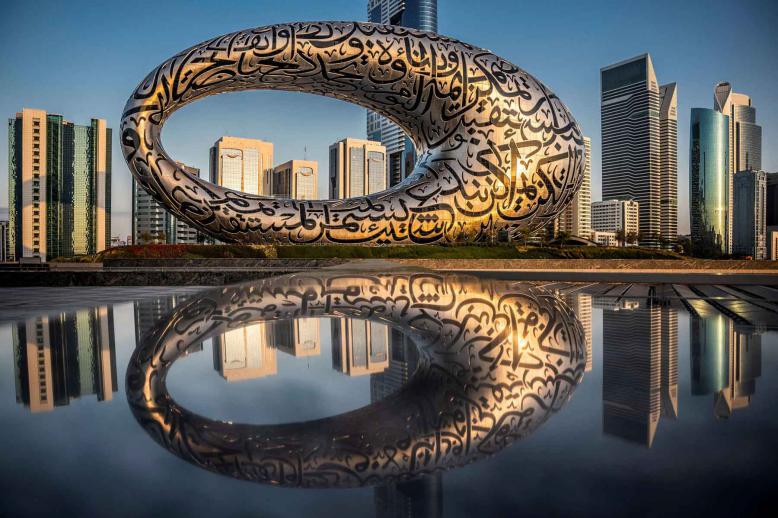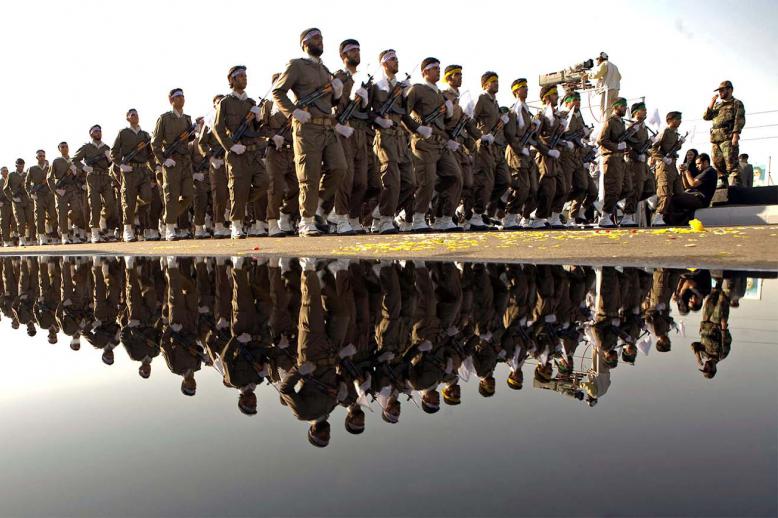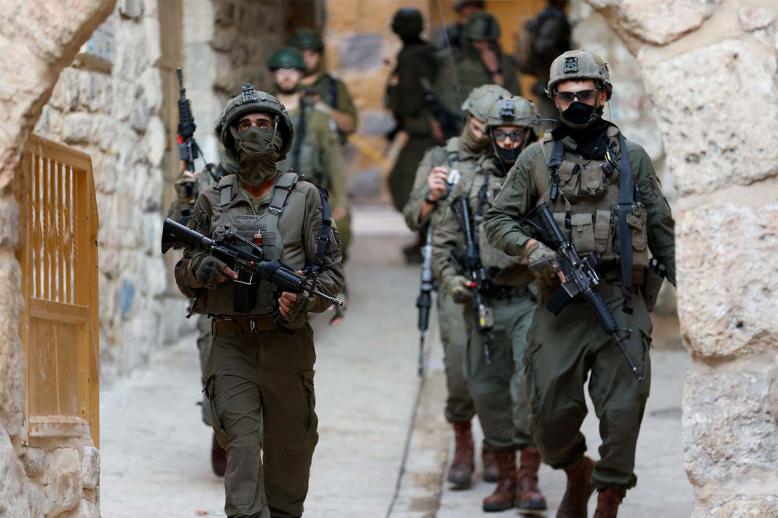The only option for Bouteflika
Tens of thousands of Algerians took to the streets of Algiers and other cities around the country on March 8, calling for an end of President Abdelaziz Bouteflika’s 20-year rule.
It was the third consecutive Friday of protests and with every week that went by the protests grew in size and scope.
Despite his age (82), poor health and the effects of a stroke that left him partially invalid, Bouteflika insisted on running for a fifth term in office.
On March 3, the deadline for filing candidacy applications, he had his political proxies in Algiers deliver truckloads of endorsements with his application, as if that mattered anymore.
From his hospital room in Geneva, where he went for medical treatment, Bouteflika tried through written speeches and letters read on radio and TV to give the impression he continued to rule the country. But nobody had any more illusions. The former war hero was now but a hazy shadow of himself.
During the last few weeks, fissures have appeared all over the facade of Bouteflika’s regime to the point that ruling party parliamentarians resigned and joined the protests. So did the official TV presenter, who read his “message to the people” on March 3.
Bouteflika has two choices but only one realistic option. His theoretical first choice would be to hold on to his candidacy, despite the very strong opposition it faces. The daily street demonstrations have brought together students, workers, lawyers, housewives, office workers, all with the same goal — oppose Bouteflika’s fifth term as president.
To stick with his candidacy, Bouteflika would have to clamp down on the demonstrations but that’s, for many reasons, quite an implausible scenario. With the wall of fear broken by young Algerians, repression would carry a prohibitive cost and nobody wants to be caught on the wrong side of history.
Algeria’s elites have read the tea leaves and understand that the country’s future cannot be dictated anymore by old men deciding the fate of the country in spite of the will of its people.
The army, which has taken a middle ground position, has always been loyal to Bouteflika but its officers know that the interest of the nation lies elsewhere.
It is likely to preserve the old lion’s dignity and safeguard his place in history, as it should, but its senior leaders will make sure the president makes the right choice, that is to remove himself from the ballot and retire with honour to go down in the history books as a respected leader who knew when to bow out gracefully.
From that perspective, the army is likely to try behind the scenes to devise a constitutionally tenable scenario that would ease Bouteflika into a much-needed retirement and facilitate a peaceful transition of power.
Many of the slogans of the March 8 demonstrations were reminiscent of the 2011 “Arab spring” uprisings. Protesters called for regime change and an end to an obsolete rule that had outlasted its welcome.
The peaceful nature of the protests and the festive mood in the streets point to a possibly different outcome: A regime change with no bitter aftertaste.
No violence or bloodshed that would make the change synonymous with an outcome each country should try to avoid. Unprecedented developments could be in the offing. The region is holding its breath.
Claude Salhani is a regular columnist for The Arab Weekly.
This article was originally published in The Arab Weekly.







